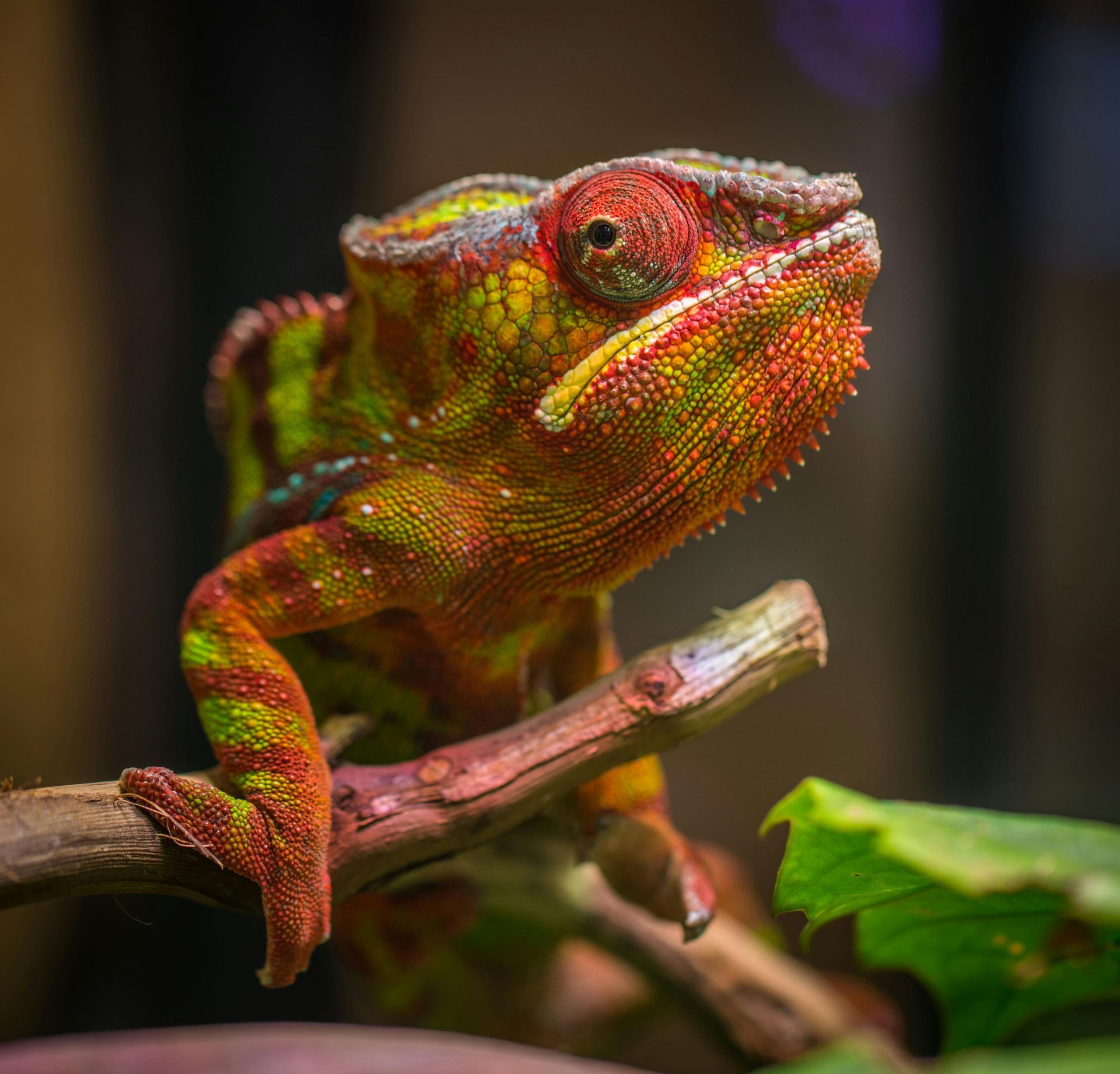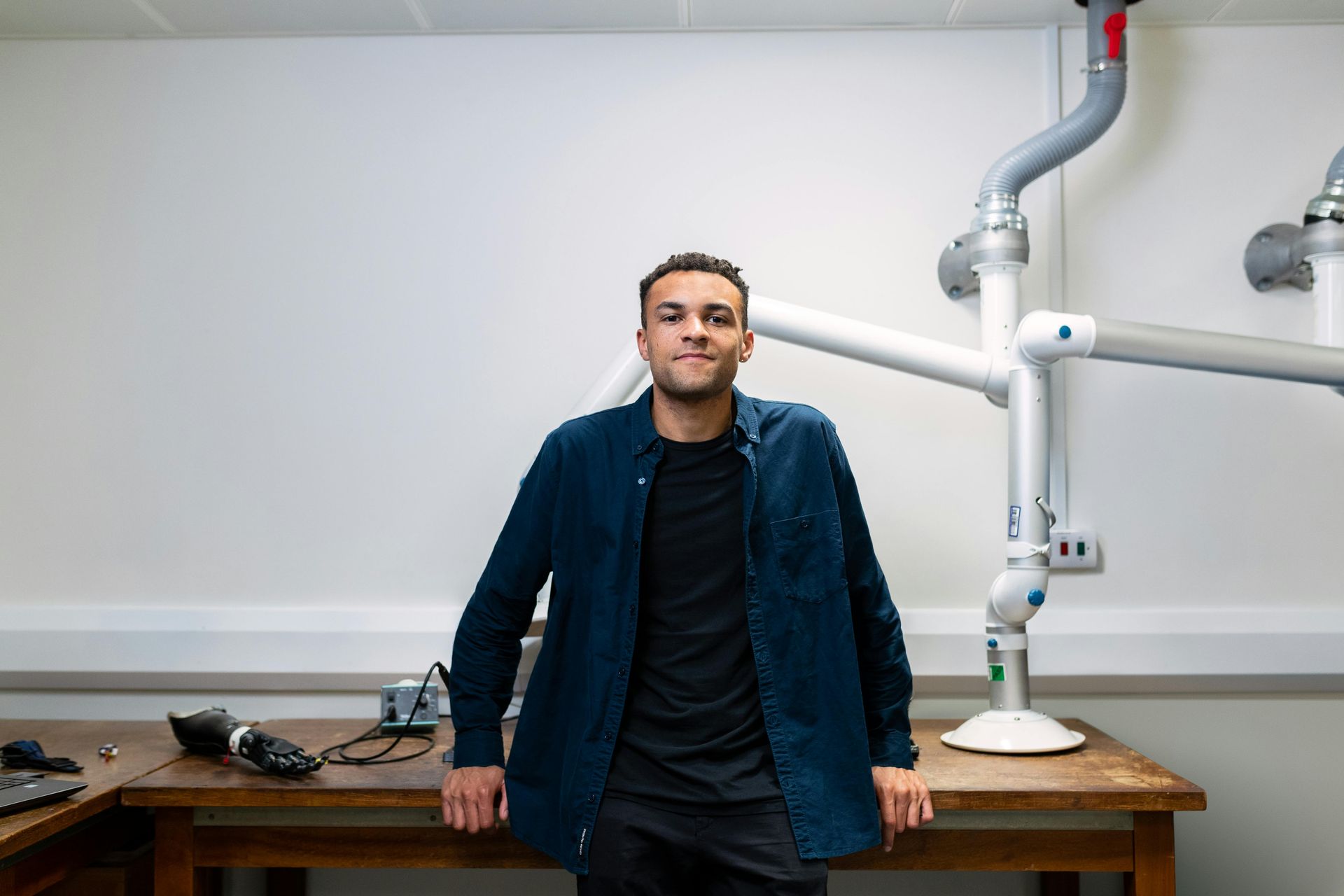Beyond the CV: How to Assess Scientific Talent in Emerging Fields Like Bioinformatics
Hiring for Potential, Not Just Credentials

When hiring for cutting-edge fields like bioinformatics, AI-driven drug discovery, or Omics, traditional hiring metrics often fall short. Degrees, job titles, and years of experience may look impressive on paper, but they don’t always reflect a candidate’s true potential.
Some of the best bioinformaticians and computational biologists didn’t start in life sciences at all. They transitioned from physics, computer science, or engineering, bringing with them unique problem-solving skills and computational expertise.
If your hiring process still relies on CV-first screening, you’re likely missing out on exceptional talent. Here’s how to identify and assess the right candidates in these rapidly evolving fields.
Prioritize Problem-Solving Over Job Titles
A scientist’s ability to tackle real-world challenges is often a better predictor of success than their academic credentials. The best bioinformaticians aren’t just coders, they’re problem solvers first, technologists second.
How to Evaluate Problem-Solving Ability:
- Present candidates with a real-world dataset and ask how they’d analyze it.
- Use technical case studies instead of generic interview questions.
- Look for experience in interdisciplinary projects—have they applied their skills in new or unconventional ways?
Assess Coding and Data Fluency
In bioinformatics and AI-driven drug discovery, computational skills are just as critical as scientific knowledge, yet many skilled candidates won’t have formal training in either.
How to Identify the Right Skillset:
- Instead of filtering for a bioinformatics degree, test their ability to work with relevant programming languages and tools (Python, R, TensorFlow, bioinformatics pipelines).
- Ask about their experience handling large datasets or working with machine learning models.
- Review their GitHub, published code, or open-source contributions to assess real-world competency.
Look for Adaptability and Continuous Learning
Fields like computational biology and AI-driven life sciences evolve at a pace that outstrips traditional hiring cycles. A candidate’s ability to learn new methods and tools quickly is often more important than what they already know.
How to Test Adaptability:
- Ask how they’ve adapted to new technologies in previous roles.
- Look for involvement in continuous education—online courses, industry conferences, or open-source projects.
- Give them a new tool or concept to explore and assess how they approach learning it.
Evaluate Communication and Collaboration
In fields where computational scientists work alongside biologists, chemists, and clinicians, technical expertise alone isn’t enough. The ability to translate complex data into actionable insights is essential.
How to Assess Communication Skills:
- Ask candidates to explain a technical concept in simple terms.
- Evaluate their ability to collaborate across disciplines—have they worked with professionals outside their field?
- Look for experience presenting at conferences, writing scientific papers, or leading discussions.
Seek Passion and Scientific Curiosity
Some of the most innovative bioinformaticians didn’t plan their careers in life sciences—they arrived through curiosity, problem-solving, and a desire to apply computational methods to biology.
How to Identify Passion-Driven Candidates:
- Ask why they chose bioinformatics or computational biology, what excites them?
- Look for projects they’ve worked on beyond their formal job description.
- Identify candidates who stay updated on industry trends, emerging technologies, and new methodologies.
Rethinking How Scientific Talent is Assessed
Hiring in emerging life sciences fields requires a shift away from rigid CV screening toward a more skill-driven, adaptable approach. Companies that focus on problem-solving ability, computational fluency, adaptability, communication, and passion will attract the best talent - regardless of traditional credentials.
Need Help Finding the Right Talent?
Symbiotica specializes in sourcing and assessing top-tier candidates beyond their CVs—finding the real innovators in bioinformatics, AI-driven research, and Omics.
Let’s talk.
Contact Us
Hiring is data. Retention is psychology. The best companies get both right - only the exceptional make it a strategy
















